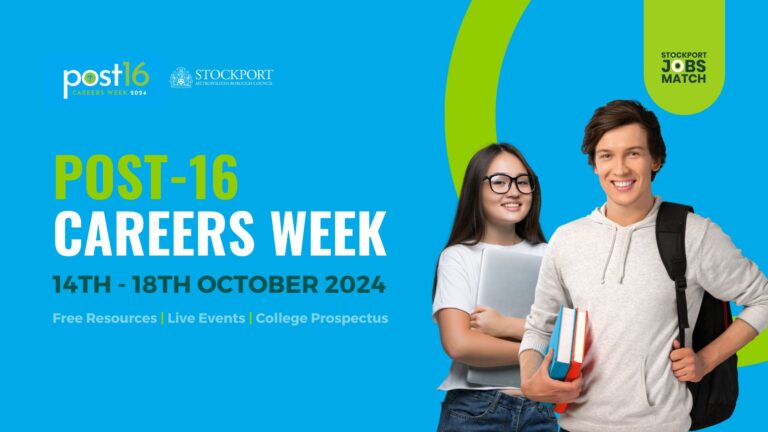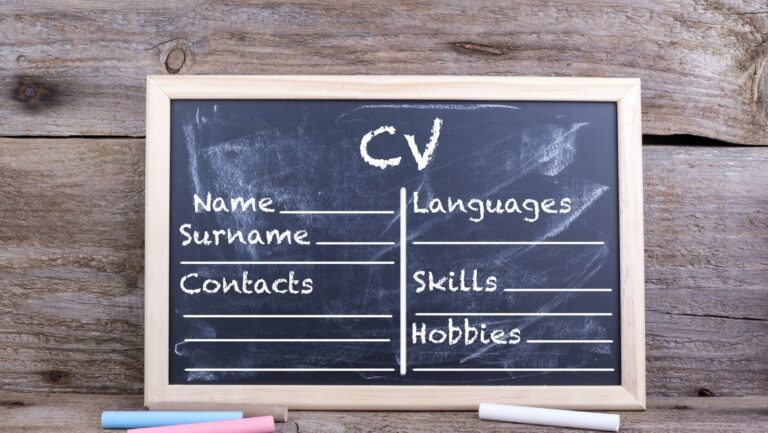Support for young people at 16+
Aside from choosing your GCSE options in Year 9, deciding what you want to do after secondary school is likely the biggest decision of your life so far. You need to choose what type or level of qualification to study, the subjects or course, where to study it and maybe even start thinking about what comes next. You may have different ideas to your friends or family, and the whole thing can feel brushed with uncertainty when it all comes down to what GCSE grades you’ll get anyway. Find out about the support for young people at 16+.
It’s natural at this time to feel a bit overwhelmed. You might feel under pressure to make a choice, anxious due to the scale of change this means, demotivated about the future or unsure where to start.
Break everything down into small chunks, do as much research as you can and speak to those around you. You’ve got plenty of time to weigh up your options and, even if you make the wrong choice or don’t get your first choice, there’s so many different ways to study at 16+ you’ll be sure to find the right path for you in the end.
Making decisions at 16+
To get started, make a list of what you’ll need to consider and set yourself a to-do list of how you’re going to proceed.
Our Digital Prospectus 2023/24 explains all your options for post-16 study – from A-Levels to BTECs, Apprenticeships to NVQs – including the courses on offer, entry requirements and what they different levels mean. You’ll also find a full list of all the colleges, sixth forms and training providers in the local area, including what they offer, their contact details, online prospectus and open dates.
If you need inspiration, try using our Career Guides to learn about different jobs, training routes and future career prospects. Or watch our Employer Videos to hear from local people talk about what their jobs involve day-to-day and what they enjoy about them.
Preparing for Adulthood
Turning 16 also means taking on additional responsibilities. You’ll be issued with a national insurance number so you can get a part-time job for example. You’ll likely need your own bank account if you don’t already have one, and may need other forms of ID like a passport, birth certificate or provisional driving license for college or apprentice applications.
You may also need to thinking about the financial costs of a longer commute to college, sixth form or an apprentice job, as well as textbooks, food and drink, work/college wear etc. Using a budget planner can help with this, plus learning about bursaries, travel passes, funding and student discounts.
Take a look at our video below to learn about some of the things you might need to consider and the support that’s available at 16+.
Support if you have an EHCP or Disability
16 to 18 year olds with an Education Health and Care (EHC) Plan will receive an Annual Review in Year 10 to help you start thinking about your next steps. In Year 11, your school will arrange for you to speak to a careers advisor, explore your options and apply for education or training.
At 16, you can choose to stay in full-time education (at a mainstream or special sixth form or college) or combine volunteering, work and study. In addition to the academic (like A-Levels or T-Levels) or vocational qualifications (like BTECs or Apprenticeships), you could also choose a Supported Internship.
Download our 16+ Booklet for SEND for more information
Useful resources for Teachers and Schools
As part of 16+ Careers Week, we’ve produced some useful resources for teachers, careers advisors, schools and colleges, to help provide young people with a greater understanding of the support on offer at 16+.









